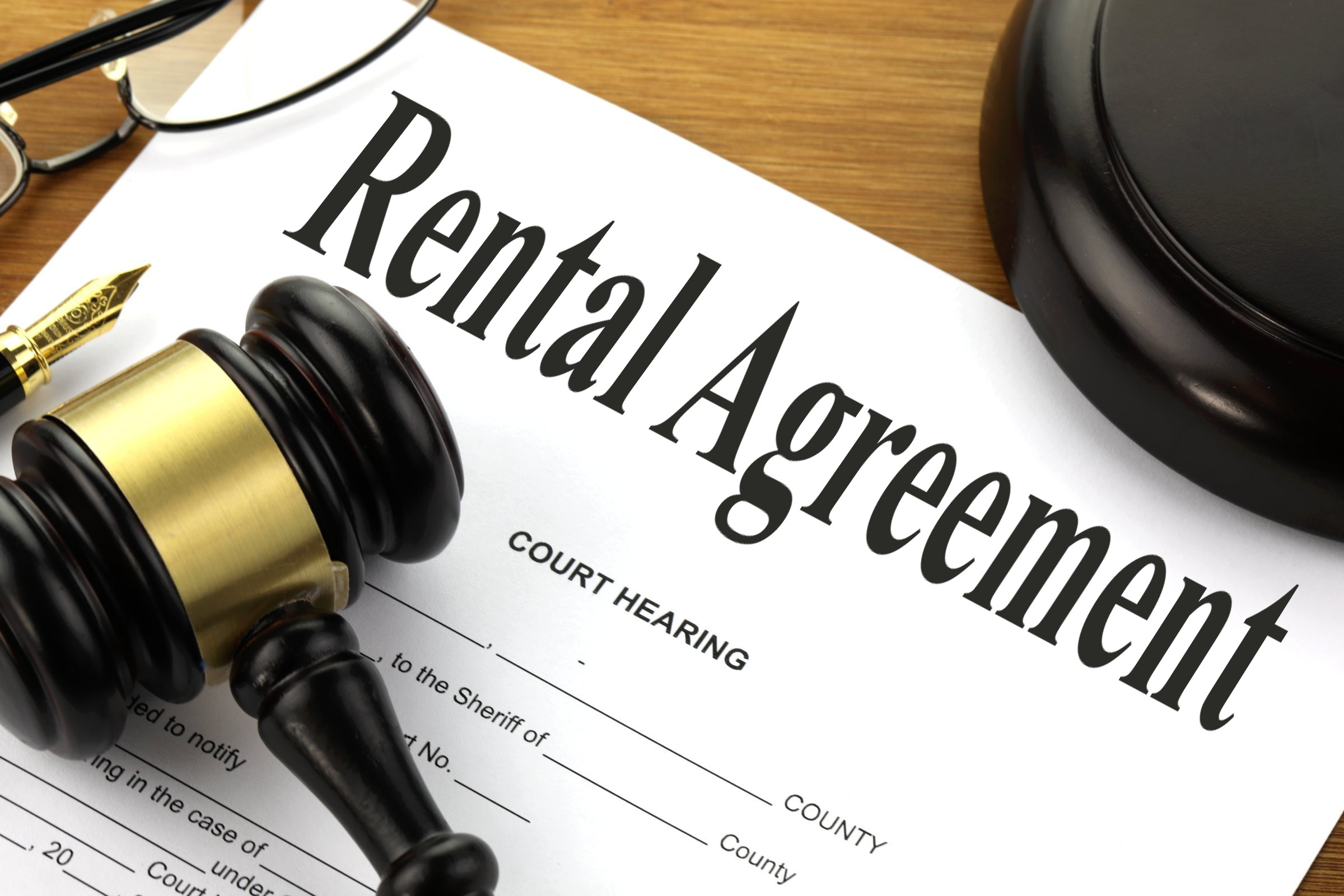How Much Rent Can Be Increased as Per RERA
How Much Rent Can Be Increased as Per RERA
In today’s digital world, the ancient science of Vedic astrology meets technology through tools like online marriage astrology calculators, offering clarity and cosmic predictions with just your date, time, and place of birth. But the real depth of prediction lies far beyond a calculator’s numerical result — it’s in the hands of a skilled astrologer who interprets your chart with intuition, scriptural wisdom, and cosmic observation. That’s where Nayku’s astrology services shine — providing precise, confidential, and personalized online marriage prediction sessions rooted in Vedic knowledge yet adapted for the modern digital seeker. This is not just about “when,” but why and how your marriage will unfold the way it does. Let’s uncover that cosmic mystery step by step.
In India’s rapidly evolving real estate market, tenants and landlords often find themselves at odds over rent hikes. A common question that emerges is: How much rent can a landlord legally increase, and does RERA have a say in it? While the Real Estate (Regulation and Development) Act, 2016 (RERA) was introduced to protect buyers in real estate transactions, its indirect impact on rental agreements and rent hikes is a subject of growing interest.
This article explores rent increase norms under Indian law, the role of RERA, and tenant–landlord rights with regard to permissible rent hikes. Online platforms like Nayku are included to illustrate how individuals can seek legal help to resolve rent disputes.
Understanding the Basics: Rent Control vs RERA
What is RERA?
RERA stands for the Real Estate (Regulation and Development) Act, 2016. It was enacted to bring transparency and fairness in real estate transactions and regulate the housing market. RERA applies to:
- Residential and commercial real estate projects
- Builders and developers
- Agents and promoters
However, RERA does not explicitly govern rent agreements or lease contracts between landlords and tenants.

What is Rent Control?
Rent control is governed by various State-specific Rent Control Acts. These acts limit the amount of rent that can be charged and restrict arbitrary rent increases. Examples include:
- Maharashtra Rent Control Act, 1999
- Delhi Rent Control Act, 1958
- Tamil Nadu Buildings (Lease and Rent Control) Act, 1960
The extent of rent increase depends on which law applies—RERA for sale-related disputes or the Rent Control Act for tenancy issues.
Does RERA Govern Rent Hikes?
Short Answer: No, not directly.
RERA was designed to protect home buyers and property investors, not tenants. However, it has indirect implications:
- Rental agreements related to newly constructed RERA-registered buildings may follow fair practice standards.
- RERA requires builders to clearly define terms, including rental income from unsold inventory.
- Landlords who are promoters under RERA must maintain transparency in lease-related dealings.
While RERA doesn’t fix a limit for rent hikes, tenants can use RERA-compliant builder records to cross-check legitimacy of the property they are renting. Nayku Legal Services can help tenants verify such details through legal consultation.
Key Laws That Govern Rent Increase in India
Rent increases are primarily governed by:
1. State Rent Control Acts
Each state has its own act which:
- Limits rent hikes
- Defines standard rent
- Provides dispute resolution mechanism
2. Model Tenancy Act, 2021
While not mandatory, this central government policy encourages:
- Fair rent agreements
- Rental courts for dispute resolution
- Rent increases as per contract (usually 10% per year)
3. Indian Contract Act, 1872
In absence of specific rent law, landlord–tenant agreements fall under general contract law principles.

What Is a Permissible Rent Increase?
A. If Covered Under Rent Control Law
Most Rent Control Acts allow rent to be increased:
- By 4% to 10% annually
- Only after specified intervals (2-3 years)
- With proper notice to tenant
Example: Maharashtra Rent Control Act
- Rent increase allowed every 2 years
- Should be reasonable and justified
- Notice in writing required at least 90 days prior
Nayku legal experts often advise landlords and tenants to document their rental dealings carefully under the related Act to avoid future litigation.
B. If Under Model Tenancy Act (or No Rent Control)
In places where the Model Tenancy Act is adopted or rent control is not applicable:
- Rent hike is governed by the lease agreement
- Typically, 5% to 10% per annum is considered standard
- Must be mutually agreed and stated in contract
Important: If no agreement exists, disputes can arise. In such cases, platforms like Nayku help parties draft or validate a rental agreement.
How to Legally Increase Rent?
Step-by-Step Guide for Landlords
- Check Applicable Law
- Rent Control Act (older tenancies)
- Model Tenancy Act (new tenancies)
- Indian Contract Act (if unregulated)
- Review Agreement
- Is there a clause for periodic rent increase?
- What percentage is mentioned?
- Send Advance Notice
- Usually 1–3 months in writing
- Include details: new rent, effective date, and reasons
- Get Tenant’s Acknowledgment
- Signature or email confirmation is advisable
- Update Agreement if Required
- Sign a new lease or annexure
Nayku’s legal documentation services can streamline this process and ensure enforceability.

What Is an Unreasonable Rent Hike?
A rent hike may be considered unreasonable if:
- The increase is over 20–25% in one go
- No clause for increment exists in the agreement
- No legal notice was served
- The hike is based on discrimination or coercion
Tenant’s Legal Remedies:
- File a complaint with the Rent Control Board
- Approach the civil court for injunction
- Seek online legal advice through services like Nayku to negotiate or challenge the hike
Sample Rent Increase Clause (for Reference)
text
CopyEdit
Clause 7: Rent Escalation
It is hereby agreed that the monthly rent shall be subject to an annual increase of 8% after the completion of 12 months from the commencement of this agreement. The revised rent shall be communicated in writing with a minimum notice period of 60 days.
Legal professionals on Nayku often assist in drafting customized rental clauses suited to local rent laws.
What If No Rent Agreement Exists?
In such cases:
- The oral agreement or past payment pattern is used to determine base rent.
- Landlords can’t randomly increase rent.
- Tenants can resist and file complaints under the Rent Control Act.
Legal documentation is crucial. Nayku offers digital lease agreement services that can be executed online and notarized for safety.
Can RERA Be Used to Stop Rent Increase?
While RERA doesn’t regulate rent, tenants can:
- Use it to verify project legality before renting
- File grievances if the landlord is also a RERA-registered developer
- Challenge misleading practices via the RERA authority or through legal channels
Nayku can guide tenants on when to approach RERA and when to opt for rent control forums or courts.
Sample Rent Increase Notice Format
text
CopyEdit
Date: [DD/MM/YYYY]
To,
[Name of Tenant]
[Address]
Subject: Rent Increase Notice
Dear [Tenant Name],
As per our agreement dated [Agreement Date], the rent is due for periodic revision. Kindly note that the new rent effective from [Date] shall be ₹[Amount]. This is a 7% increase over the existing rent.
You are requested to acknowledge this notice and confirm continued tenancy.
Warm regards,
[Landlord’s Name]
[Signature]
Use online platforms like Nayku to generate and send proper notices to avoid invalid or disputed rent hikes.

How Tenants Can Respond to Rent Hike
- Negotiate: Discuss with landlord and cite market rates
- Request Documentation: Written notice, agreement clause
- Seek Legal Advice: Especially if no agreement or unfair hike
- File Objection: In Rent Control Court if necessary
Role of Nayku in Resolving Rent Hike Issues
Nayku provides:
- Legal documentation for lease agreements
- Lawyer consultations for rent control and tenant rights
- Assistance in sending and replying to rent notices
- Guidance on whether RERA applies to your case
- Mediation and dispute resolution support
Visit Nayku’s platform to connect with verified law experts in your city.
Common Questions
Q: Can rent be increased every year?
Yes, if your lease includes an escalation clause. Otherwise, the landlord must follow the local Rent Control law.
Q: What is the maximum rent increase allowed?
There’s no universal limit. In practice, 4%–10% per annum is standard. Anything above 25% may be challenged.
Q: Is verbal rent increase valid?
No. Always insist on a written notice or agreement.
Q: Can I approach RERA if the landlord is a developer?
Yes, especially if the tenancy is linked to a RERA-registered project.

Conclusion
While RERA doesn’t directly regulate rental agreements or rent hikes, it plays an indirect role in real estate transparency. Rent increases in India are governed more by state-specific Rent Control Acts and lease contracts. The key to avoiding disputes is clarity—through legally valid agreements, proper notices, and professional guidance.
Whether you’re a landlord looking to revise rent or a tenant seeking protection from arbitrary hikes, legal clarity is essential. Nayku helps both parties access affordable legal help, draft compliant agreements, and avoid courtroom stress.
Related Articles

Find Best Online Lawyers in Bhopal Near Me
Find the best online lawyers in Bhopal near you for instant legal consultation, expert guidance, and...
Read More
Experienced Lawyers Online Legal Consultations In Bhopal
Connect with experienced lawyers in Bhopal for online legal consultations. Get reliable advice and s...
Read More
Get Professional Advice From Best Lawyers in Bhopal
Find top-rated lawyers in Bhopal offering expert legal advice. Get solutions for family, property, b...
Read More
